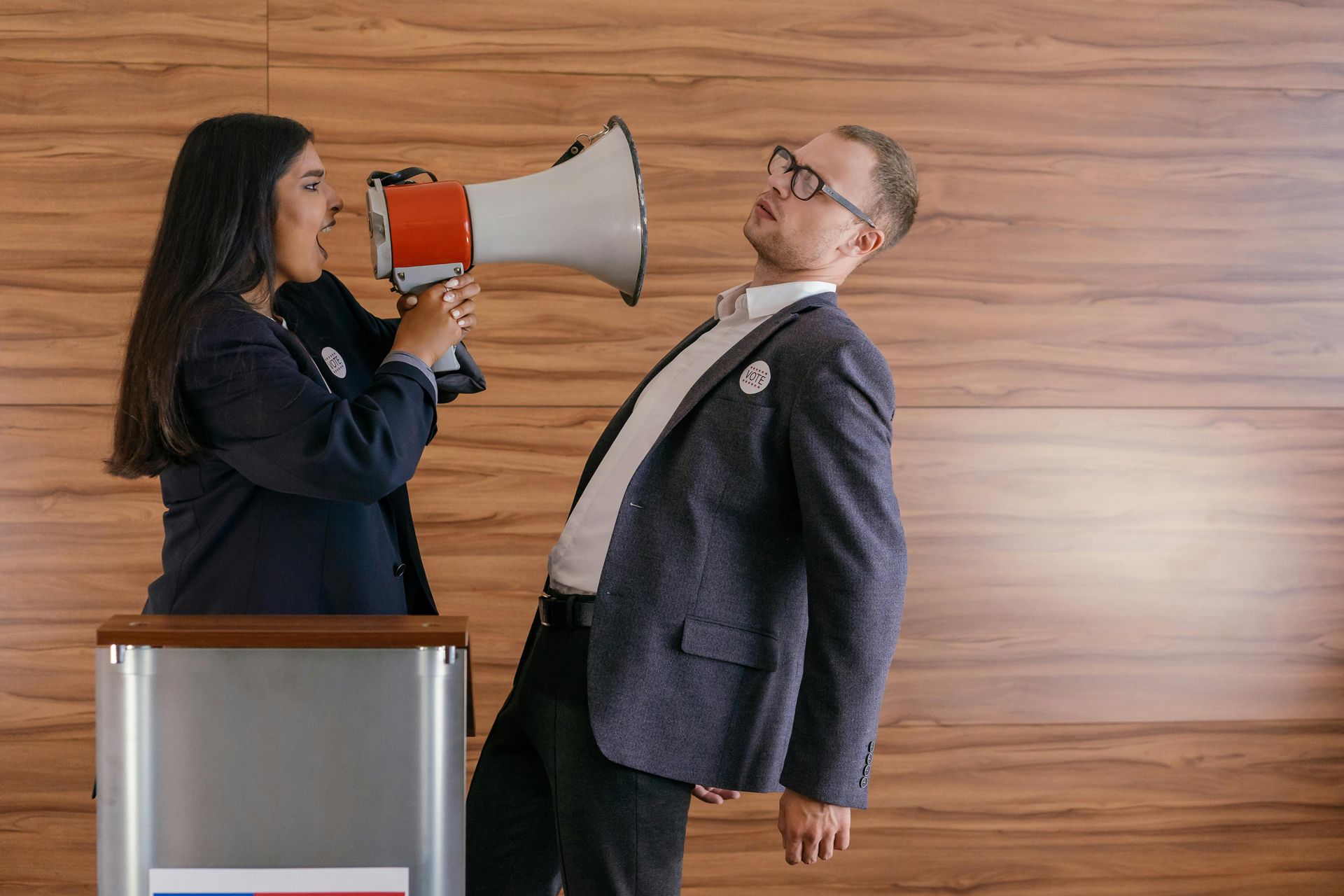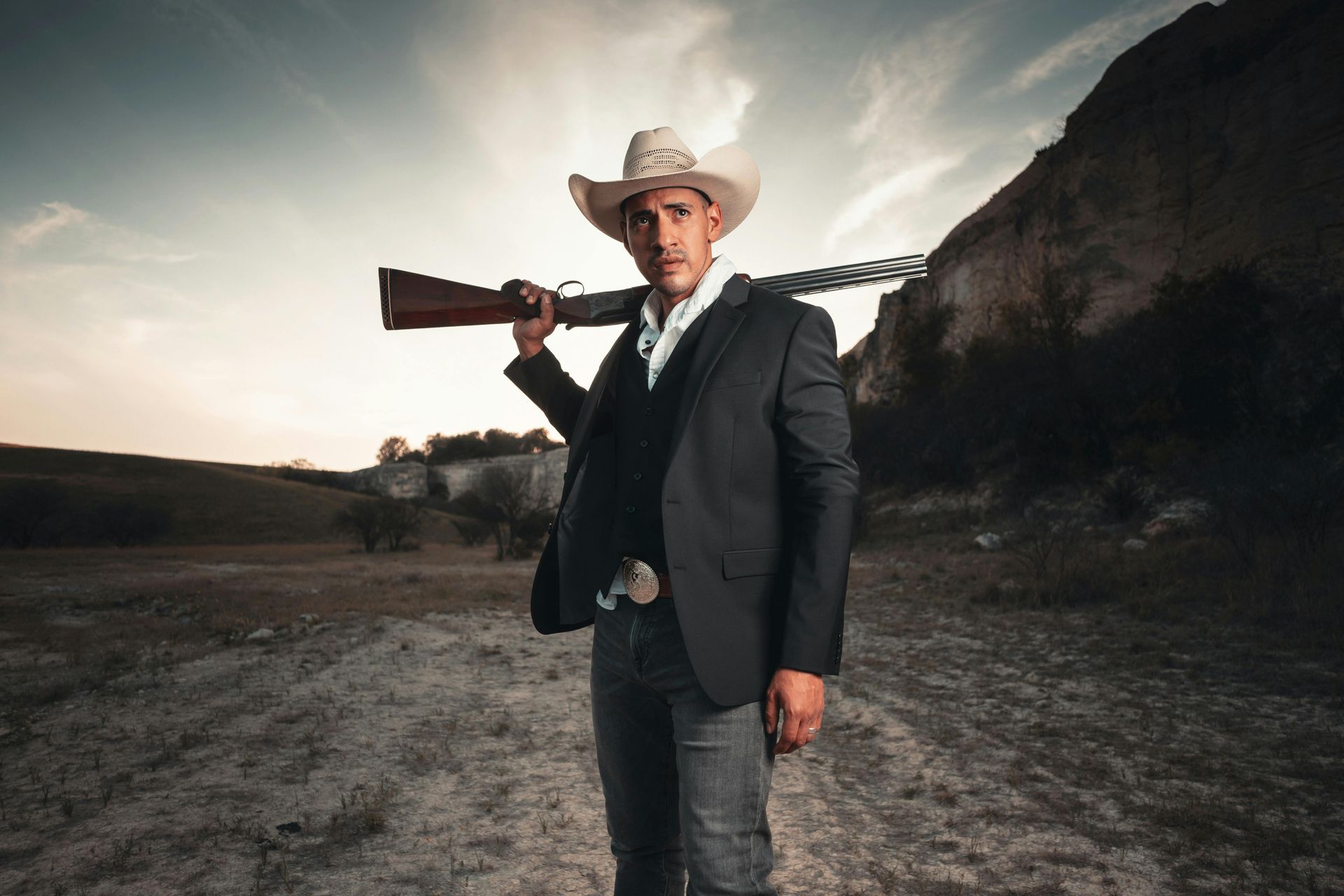SPORTING LAW LEGAL SOLUTIONS
Our sporting law industry lawyers help sporting goods companies and professionals negotiate contracts and secure trademark licenses.
SPORTS & ENTERTAINMENT LAW
What Is Sports Law?
Sports law is the collection of the many different types of law that impact the sports industry. For instance, Sports law might involve issues related to the sale of sporting goods, motorsports, or a contract between a professional sporting team and an athlete both at the professional, collegiate, and armature sporting level, as applicable. The law of sports may also involves other laws that one might not ordinarily associate with the sporting industry, such as real estate law, contract law, trademark law, patent law, and criminal law. Sports law can also involve buying a sports team, engineering and building a stadium, protecting the intellectual property rights of an athlete or sports team. Wilson Legal Group has the extensive legal and business experience to meet your sport law needs.
Common Legal Issues With Sports Law
- Ownership and registration of intellectual property;
- Trademark protection;
- Copyright protection;
- Name and likeness protection;
- Distribution and resell agreements;
- Monetization of IP rights;
- Development and financing sports franchises and sports venues;
- Sporting agreements; and
- Contract negotiations.
Common Legal Solutions For Sports Law
- Sports facility development and financing;
- Licensing, sponsorship, marketing, memorabilia, and merchandising protection
- Trademark counseling and litigation;
- Licensing and technology transactions;
- Establishing and protecting intellectual property rights;
- Executive compensation and employee benefits; and
- Defense from personal injury claims.
Our professional team of sports law lawyers specializes in contract drafting and contract negotiations, as well as spotting business-related legal issues for the client's benefit. Our Dallas sport law lawyers help draft enforceable agreements for player representation, trademark licenses, and other IP protection.
Entertainment Law Attorney
We provide hands-on experience representing sports and entertainment law clients, including an expert understanding of intellectual property and the sports and entertainment industry. Our Dallas entertainment law attorneys represent clients throughout the United States, state, and local courts, including the U.S. District Court's for the Eastern District of Texas, the Northern District of Texas, and the Western District of Texas Texas.
Additional Industry Focus
Trademarks For Athletes
Professional sports teams and athletes depend on their trade names and trademarks to generate revenue for their hard-earned work. A Trademark is the brand recognition and goodwill associated with the efforts of a sporting team and athlete. That goodwill is turned in merchandise which is an important source of income. Our Dallas Sports Attorneys can assist athletes and companies in enforcing trademark rights.
What Is A Sports Lawyer?
A Sports Lawyer is an attorney who practices sports law with an understanding of intellectual property, business negotiation, and contract drafting with athletes and sporting teams. Often, sports lawyers themselves are prior athletes that went to law school to assist other athletes in protecting their hard-earned brand. A sports litigation practice will include comprehensive legal services for clients involved in all aspects of college and amateur athletics.
Our Attorneys Provide Experienced Sports Law Guidance
Our Dallas sports law attorneys are experienced in advising clients in brand development and brand protection. We advise clients on litigation issues, patent filings, trademark filings, and copyright filings, including many other business, licensing and personal matters. If you need assistance with internet law, copyright law, trademark law, patent law, business counseling, or intellectual property enforcement; our experienced sports law attorneys and counselors at law can assist you. For a complete list of services, see list below:
CLIENT MATTERS
5,000+
YEARS OF SERVICE
25+
Award Winning
Recognized in the legal industry as dedicated board-certified lawyers and Rising Stars.
Expert Team
Your project will be handled by legal experts every time. You will have the most experienced attorneys working for you.











